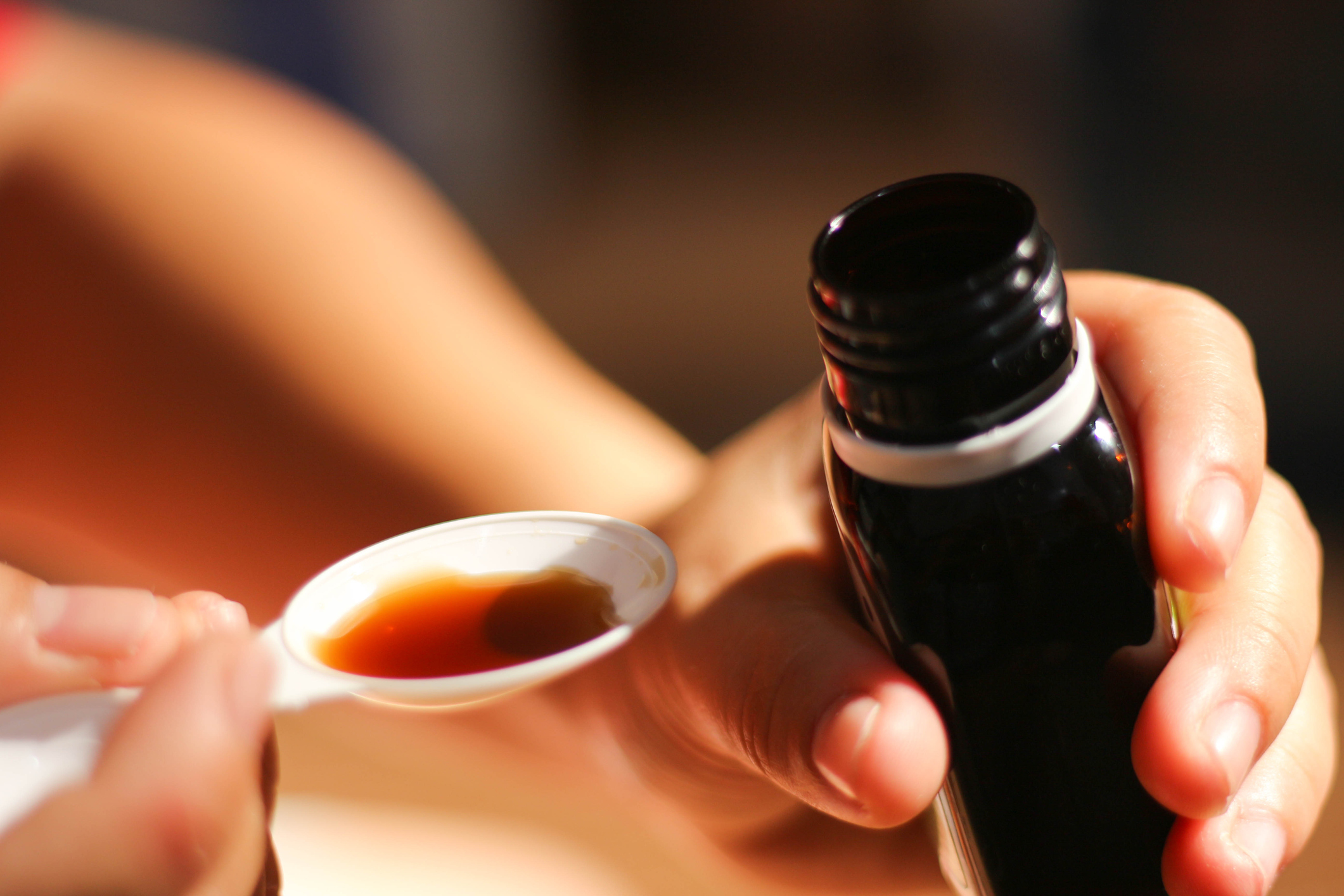The autumn leaves are just beginning to turn color and the cool mornings have us pulling out heavier layers to enjoy morning coffee on the patio. For allergy sufferers, early fall is also ragweed season and time outdoors can lead to itchy eyes, sneezing and stuffy noses. But before you head to the pharmacy for some over-the-counter medications, be sure to read the ingredients list – one decongestant commonly included to treat nasal congestion from a cold has been deemed ineffective.
According to a recent report in The Atlantic, the active ingredient in many cold and allergy medications, phenylephrine, does not work to relieve sinus pressure or nasal congestion. The not-so-secret fact has been well-known to pharmacists for decades, but the drug has continued to be marketed to the public. Only last week did the U.S. Food and Drug Administration cast a 16-0 vote that the drug is ineffective orally, helping to pave the way for it to be pulled.
Phenylephrine is often combined with fever reducers, cough suppressants and antihistamines in many top-selling cold, flu and allergy medications including DayQuil and Theraflu. Experts say the ingredient works in the nasal spray form, but not when taken orally in a pill or liquid. Because the drug is considered safe, it is not necessary to toss out combination medications with other ingredients that do work.
In drugstores, products containing phenylephrine will not be removed immediately, but it is expected that consumers will expect drugmakers to adjust their ingredients. Pseudoephedrine, a drug that does work for congestion, is sold to consumers from behind the pharmacy counter because it is also used as a popular ingredient in illegal methamphetamine labs. People with high blood pressure, heart disease, diabetes, glaucoma, or an enlarged prostate may not be able to take pseudoephedrine. Talk with your doctor before taking any new medication, including over-the-counter drugs or supplements.
Medication Alternatives
- Take a hot shower – steam can help to reduce inflammation and thin mucus
- Drink plenty of fluids – warm tea can soothe a sore throat
- Use a saline nasal mist
- Try a neti-pot – using only distilled or sterile water
- Try warm compresses to ease pain and pressure in the nasal cavities






Add Your Voice
0 Comments
Join the Discussion